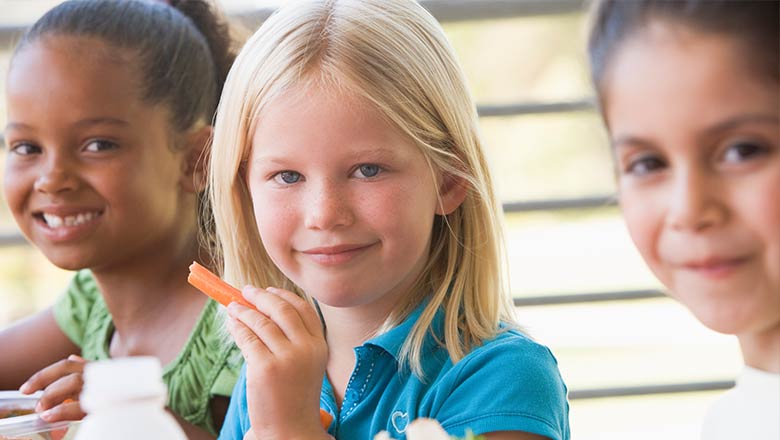Search
News & Events
Pneumonia rates improve in Aboriginal childrenNew research from The Kids for Child Health Research shows that the pneumococcal vaccine program has contributed to closing of the gap
News & Events
Rally for Research for a Healthy FutureHundreds of researchers from Perth's The Kids for Child Health Research will join a rally in Forrest Place today
News & Events
Fathers smoking linked to increased risk of childhood leukaemiaNew research from the Telethon Institute has found that children whose father smoked at conception may have a 35% higher risk of developing leukaemia.
News & Events
$2 million boost to child development researchResearchers at Perth's The Kids for Child Health Research have been awarded a prestigious Australian Research Council linkage grant

News & Events
Western diet link to ADHDA new study from Perth's The Kids for Child Health Research shows an association between ADHD and a 'Western-style' diet in adolescents.
News & Events
Hospital staff effective at reporting child abuseA new study from Perth's The Kids for Child Health Research has found that most cases of child abuse or neglect that are identified in hospital are...
News & Events
Parental fear leads to inactive 'cottonwool' kids: studyParental fear leads to inactive 'cottonwool' kids. Children's development and wellbeing are under threat because their parents are fearful of strangers
News & Events
Disadvantaged children fall behind in the land of the fair goDisadvantaged children fall behind in the land of the fair go
News & Events
Alarming increase in drug affected newbornsA new Australian study has found that the number of newborns suffering serious drug withdrawal symptoms is now more than 40 times higher than in 1980.
News & Events
New study finds teen girls regret having sex earlierNew study finds teen girls regret having sex earlier
